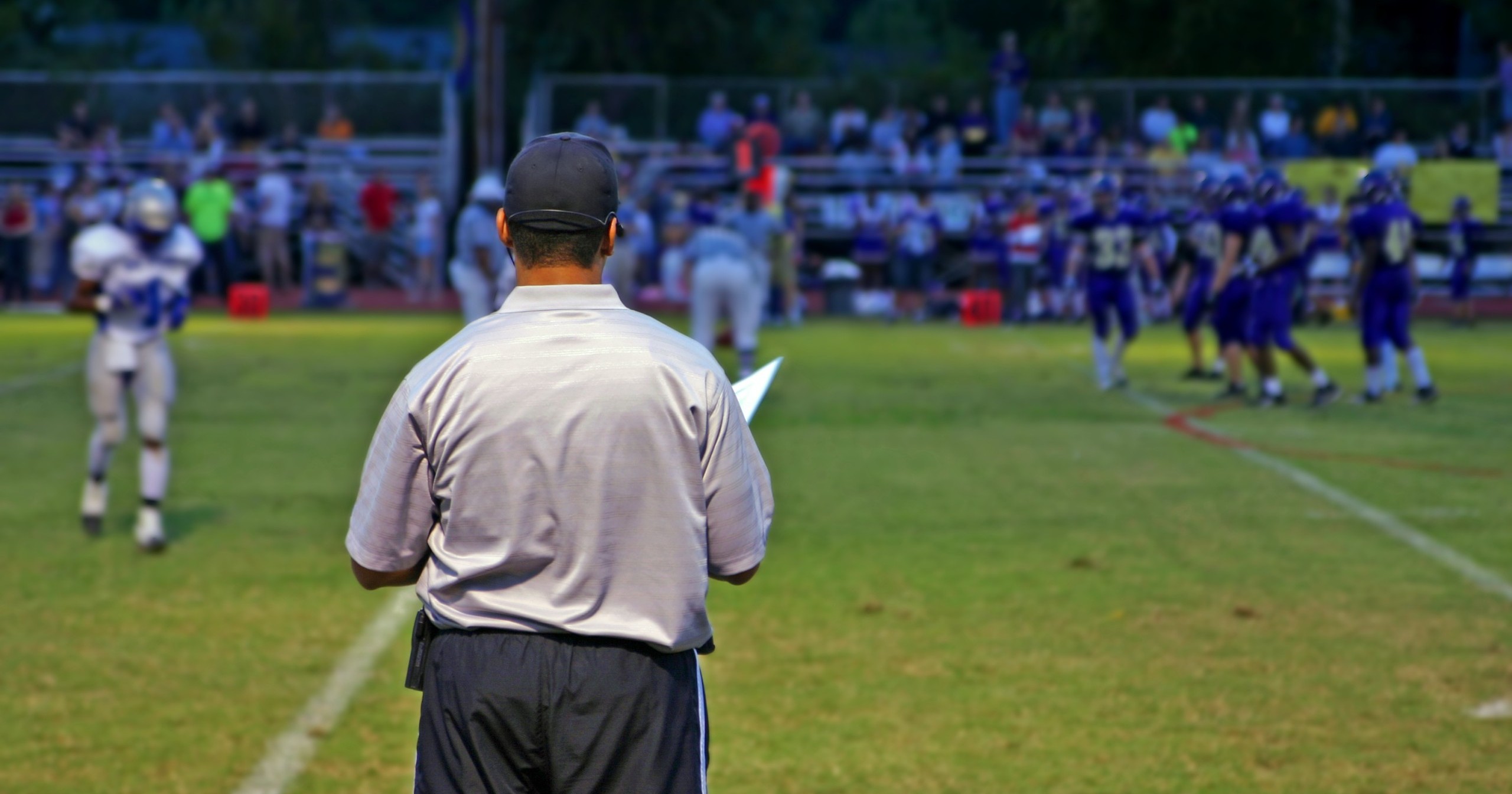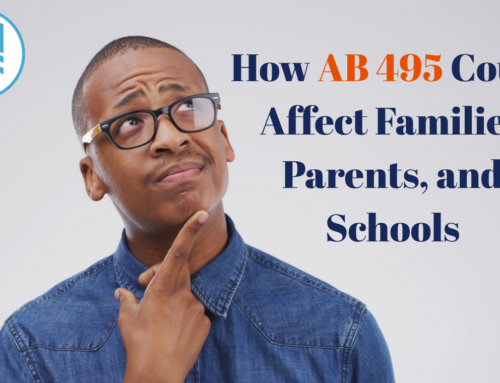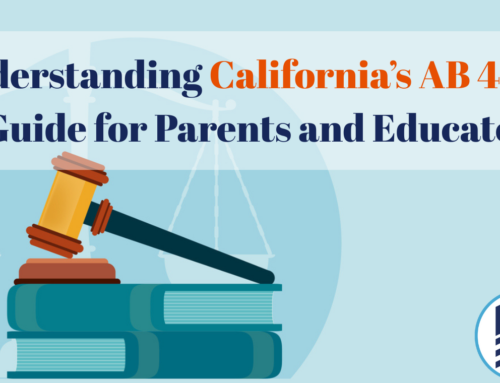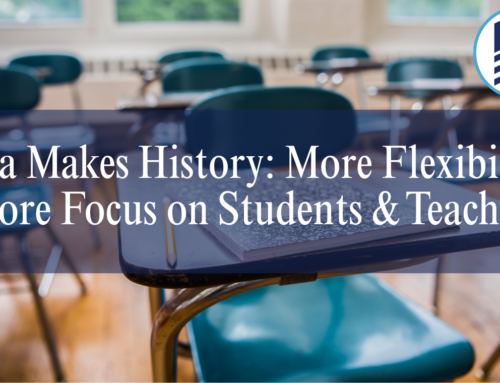
On Monday, the Supreme Court heard oral arguments over a case involving a former Washington state public high school football coach who refused to stop holding postgame prayers on the field.
In the case, Kennedy v. Bremerton School District, former coach Joseph Kennedy believes that the district violated his First Amendment rights by asking him to stop praying. The school maintains that it was a public act of prayer that made students feel forced to join, which district officials thought was unconstitutional.
The case will determine if Kennedy’s choice to pray in a highly-visible setting on the 50-yard line after games is protected by the First Amendment, or if it was a public display of religion that compelled others to participate.
Kennedy, a Christian, began coaching in 2008 for Bremerton High School’s varsity football team. He told CNN he was fulfilling a promise to God to pray after every game, “win or lose.” After coaches and players shook hands, he took a knee and prayed on the 50-yard line.
Initially, Kennedy prayed alone. After a few games, some of his players asked to join.
“I told them, ‘It’s a free country; this is America, you can do whatever you want,'” Kennedy said.
Soon enough, players from the opposing team started to join. School officials say the prayer was short, but Kennedy would give longer inspirational talks that would incorporate religious references.
Kennedy’s decision to pray went undisputed for quite some time. He said he’d often get compliments from people, even those who didn’t share his beliefs.
But in 2015, Kennedy started to get pushback.
Parent Paul Peterson said he didn’t know initially what was taking place on the field. He thought it was just a rallying effort for the team. But when he found out, he wasn’t happy.
“My philosophy is that religious instruction is to be given by parents and it should be taught at home,” Peterson said.
One player, who was an atheist, was afraid that if he did not join the prayer, it “would negatively impact his playing time.”
Yet, Kennedy said that players joined voluntarily and he in no way punished those who didn’t participate. In fact, he had two players who vehemently opposed the prayer, and Kennedy made them team captains. He wanted leaders on the field who could think for themselves.
Administrators told Kennedy that his behavior violated school policy that kept faculty from encouraging students to engage in religious activity. The school said that its policy was in relation to constitutional responsibility.
The district asked Kennedy to pray in a more private setting, or wait until the crowd left to take a knee on the field. When Kennedy refused, he was put on paid administrative leave and was given a poor performance review. Eventually, his contract was not renewed, but it’s been disputed if he left voluntarily or if he was fired.
Kennedy sued the district, saying that his right to express his religion was violated. But lower federal courts deemed that since he was a government employee and was praying in such a visible spot, he was not protected by the First Amendment.
“He insisted that the prayers take place with students on the 50-yard line, at the center of attention and traditional place for postgame speeches,” the district lawyers wrote.
The lower courts referred back to previous Supreme Court case rulings that when working, public employees are speaking more on behalf of the government than themselves.
“Schools cannot define the job duties of teachers and coaches to be so all-encompassing as to deny them all rights to individual expression on school grounds,” said Kennedy’s lawyer in the court filing.
While the lower courts sided with the district, legal experts believe the Supreme Court will rule in Kennedy’s favor based on recent cases regarding religious liberty.
No matter the outcome, Kennedy said it’s been worth the fight.
“I tell my guys you need to battle until nothing’s left on the clock,” he said. “I’d be the biggest hypocrite if I did anything less.”
The Court is expected to make a decision by the end of June.
What do you think about this case? Should the Supreme Court side with the former football coach or the school district?
Wondering if public school teachers or other faculty have religious freedom while on school grounds? Learn more here.





[…] coach Joseph Kennedy regularly took a knee after games to pray, which started as a personal move, but then players soon asked to join in. After some time, the […]
[…] coach Joseph Kennedy regularly took a knee after games to pray, which started as a personal move, but then players soon asked to join in. After some time, the […]